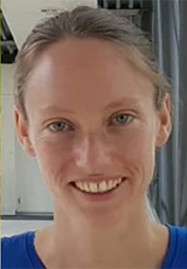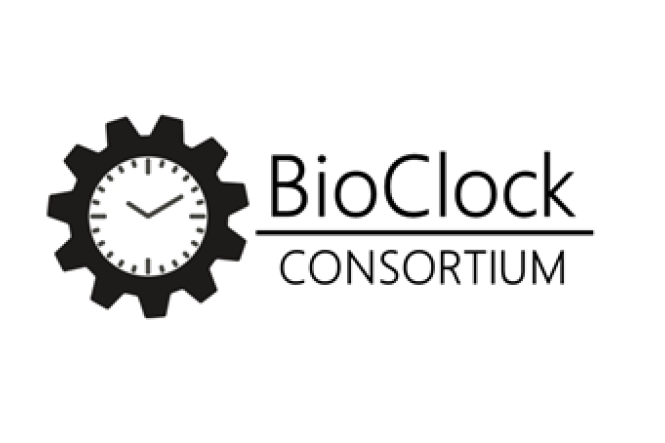Dutch researchers are joining forces to conduct research together with a series of societal partners to keep the biological clock healthy in our modern 24-hour society. The BioClock consortium will receive a research grant of no less than 9.7 million euros for this. It is one of the projects that receive funding within the program of the Dutch National Research Agenda of the Dutch National Research Council (NWO), to which the public could submit their questions. Prof. Joke Meijer, professor of neurophysiology at the CCB, and Dr. Laura Kervezee, researcher in the group of neurophysiology at CCB, are the coordinators of this consortium.
Our biological clock is disrupted by the 24-hour society in which we now live. The goal of the BioClock consortium is to restore and preserve the health of the biological clock. The plans cover the society as a whole: from human health and disease to the natural environment and protection of biodiversity. Topics such as the health effects of shift work, the integration of the biological clock into the educational system, optimal timing of cancer immunotherapy and flu vaccinations, chronotherapy for depression, and the consequences of light pollution on insects and other light-sensitive animals are all covered in the six-year research program.
BioClock is internationally unparalleled in the scope and applicability of biological clock research. Many of the academic consortium members have contributed to years of fundamental research on this topic. With the grant that has now been awarded, they will elaborate on this and work on concrete applications for society.
With the biological clock at the center, the partners from the consortium will jointly develop strategies to contribute to a sustainable future for our planet and its inhabitants. In addition to eight universities, the research consortium consists of dozens of members from the public and semi-public sectors and industry: from RIVM to municipalities and from environmental organizations to occupational health services.
Publication in Trouw (3 July 2021):




